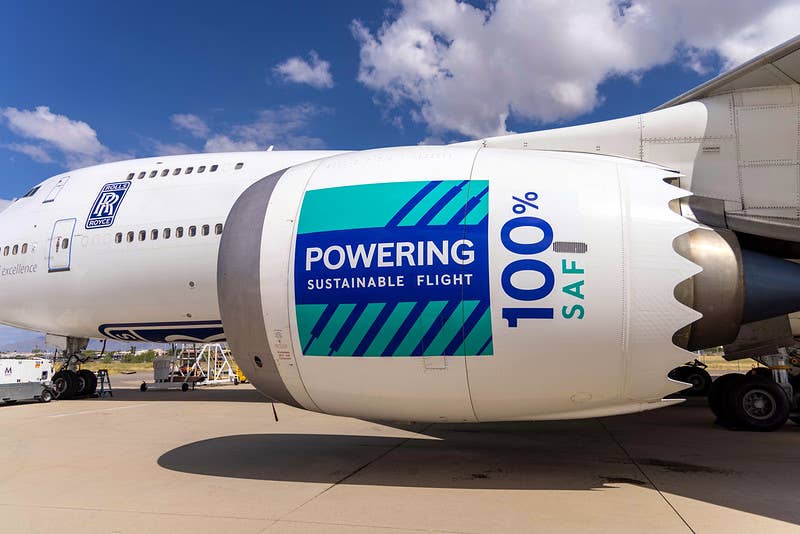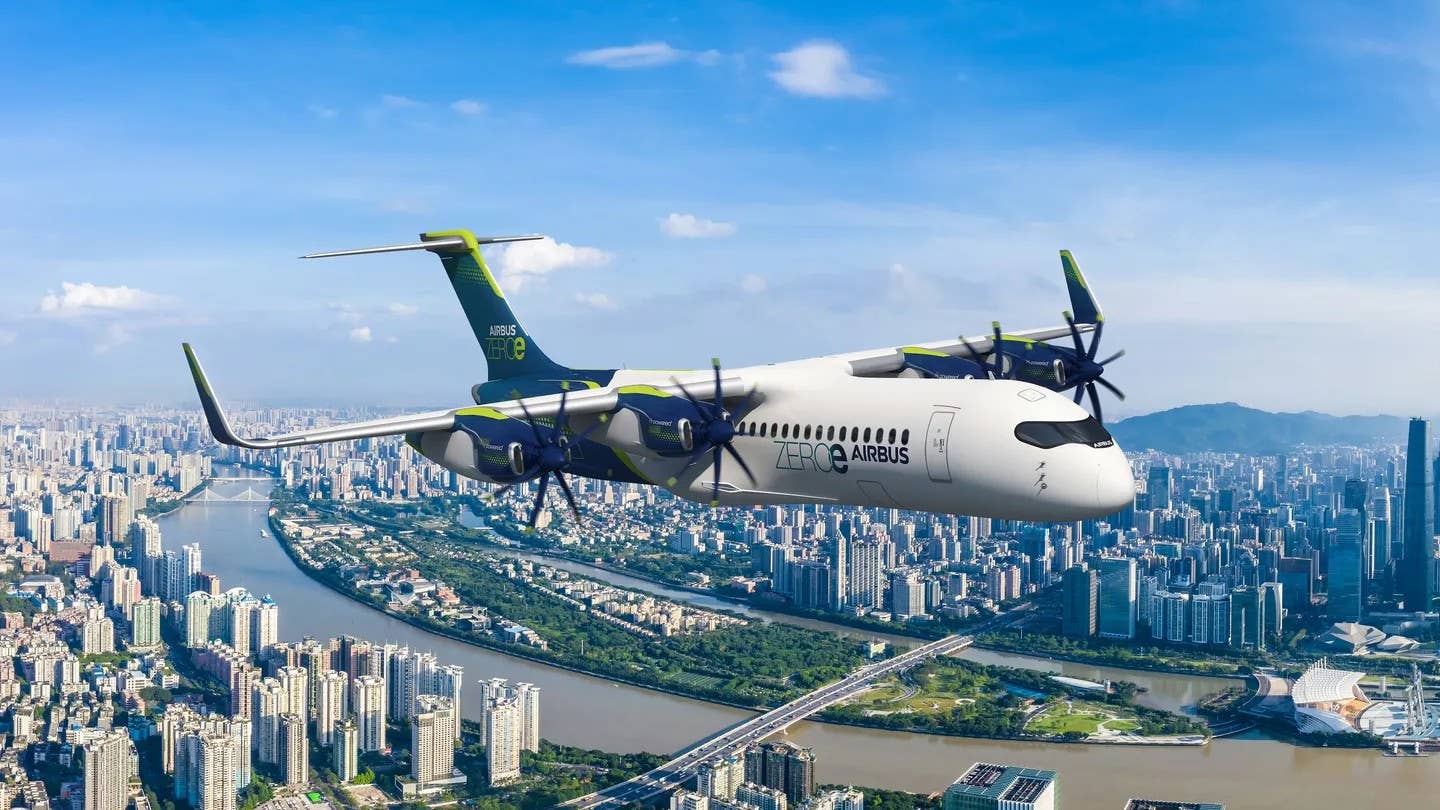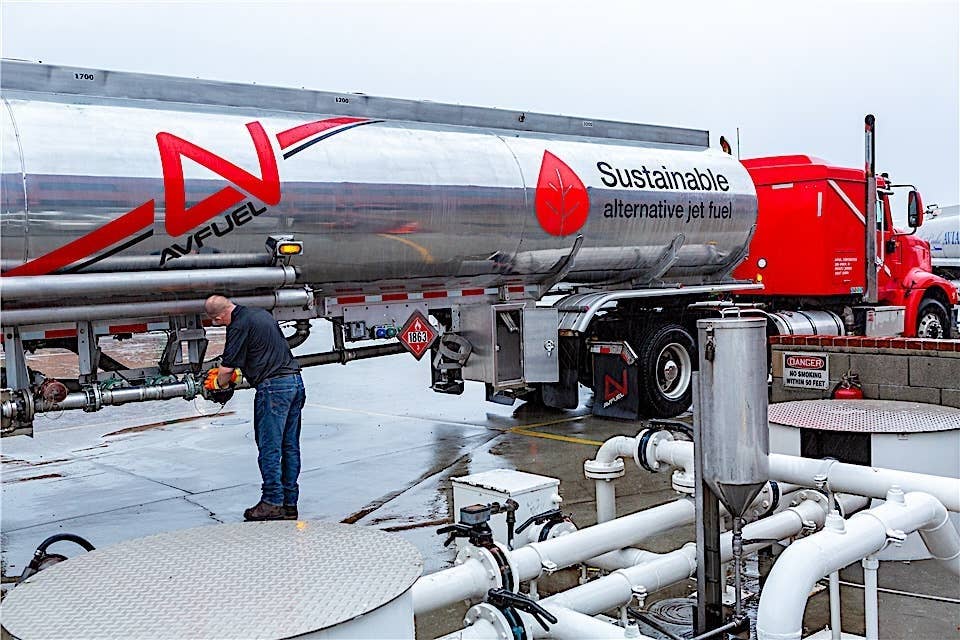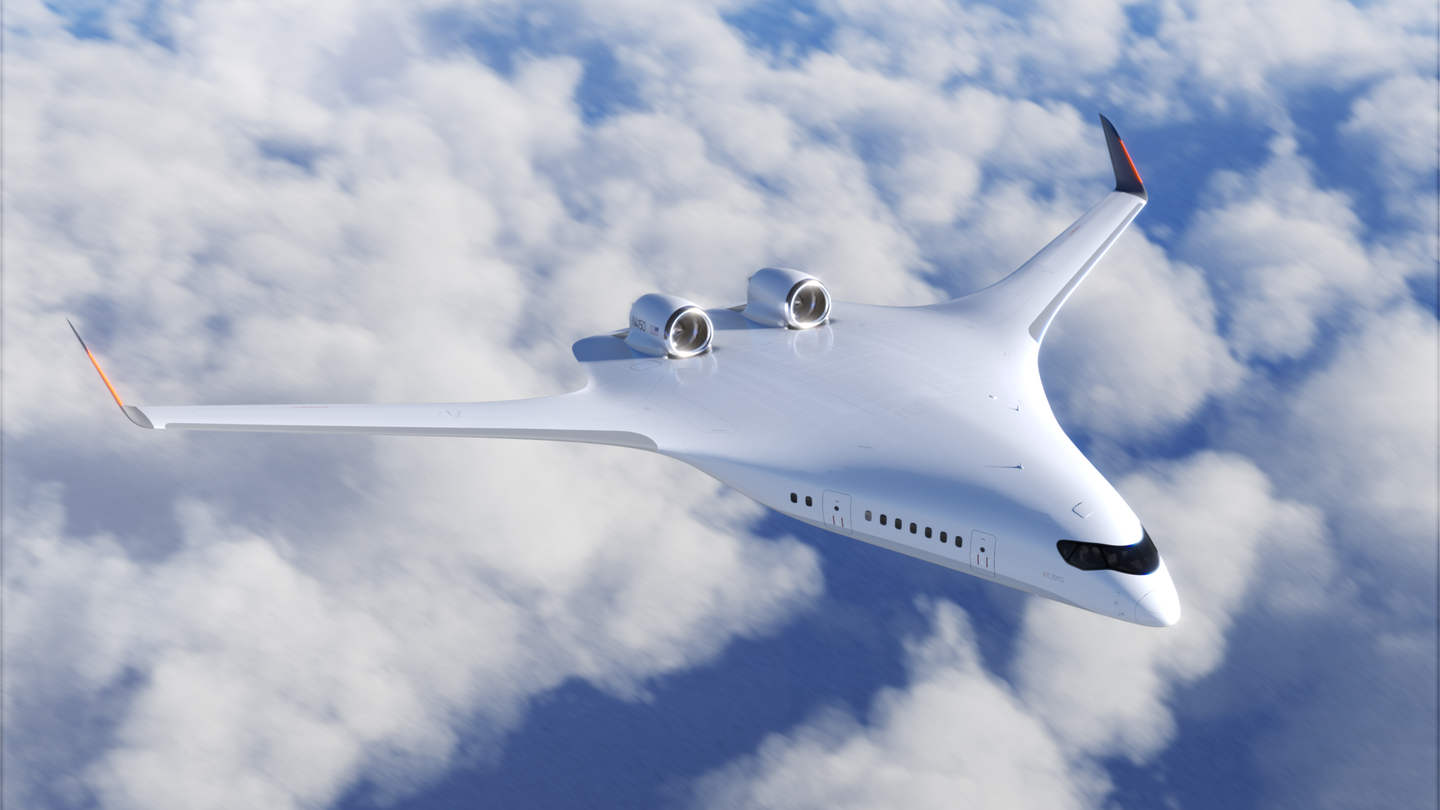Rolls-Royce Confirms All of Its Current Engines Can Run On 100 Percent SAF
The company recently completed tests to show sustainable aviation fuel does not affect engine operation.

Rolls-Royce finished testing of its current in-service engines using 100 percent SAF. [Courtesy: Rolls-Royce]
Rolls-Royce announced that it has completed compatibility testing of 100 percent sustainable aviation fuel (SAF) on all its civil aero engine types in production.
The company said the completion of testing fulfills a commitment it made in 2021 to show that engine technology is not a barrier to the use of 100 percent SAF. Rolls-Royce conducted a range of ground and flight tests designed to replicate operating conditions, and in each case they showed the use of 100 percent SAF does not affect the engines’ performance.
A ground test of Rolls-Royce’s BR710 business jet engine at its facility in Canada marked the end of the test program. Other engines that underwent testing include the Trent 700, 800, 900, 1000, XWB-84, XWB-97, 7000, BR725, and Pearl 700, 15 and 10X.
“Becoming the first jet engine manufacturer to publicly confirm all our in-production engines for long-haul aircraft and business jets are compatible with 100 percent SAF is an important milestone for both Rolls-Royce and the wider aviation industry,” said Tufan Erginbilgic, CEO of Rolls-Royce. “It's also further evidence of our commitment to becoming a net-zero company by 2050 and supporting our customers to do the same.”
Rolls-Royce said it has also ensured the sustainable operation of its new UltraFan engine demonstrator, which made its first test run earlier this year using 100 percent SAF. Later this month Virgin Atlantic plans to make the first transatlantic flight using 100 percent SAF, with a Boeing 787 equipped with Rolls-Royce Trent 1000 engines.
“The world’s journey to decarbonizing flight is powered by British innovation and backed by the U.K. government, meaning people can continue to travel how they want, in a way that’s fit for the future,” said U.K. Transport Secretary Mark Harper. “[This] news demonstrates that Rolls-Royce and the U.K. are global leaders in decarbonizing transport, taking us one step closer to Jet Zero.”
Sustainable Aviation Fuel Gains Traction
SAF shows great promise for driving aviation’s continued improvement in fuel efficiency and emissions reduction, in part because it can be used as a simple “drop-in” alternative to conventional jet fuel. Rolls-Royce estimates that a combination of the latest, most-efficient gas turbines operating on 100 percent SAF could contribute about 80 percent of the “total solution” for reaching net-zero flying by 2050.

Sign-up for newsletters & special offers!
Get the latest FLYING stories & special offers delivered directly to your inbox






